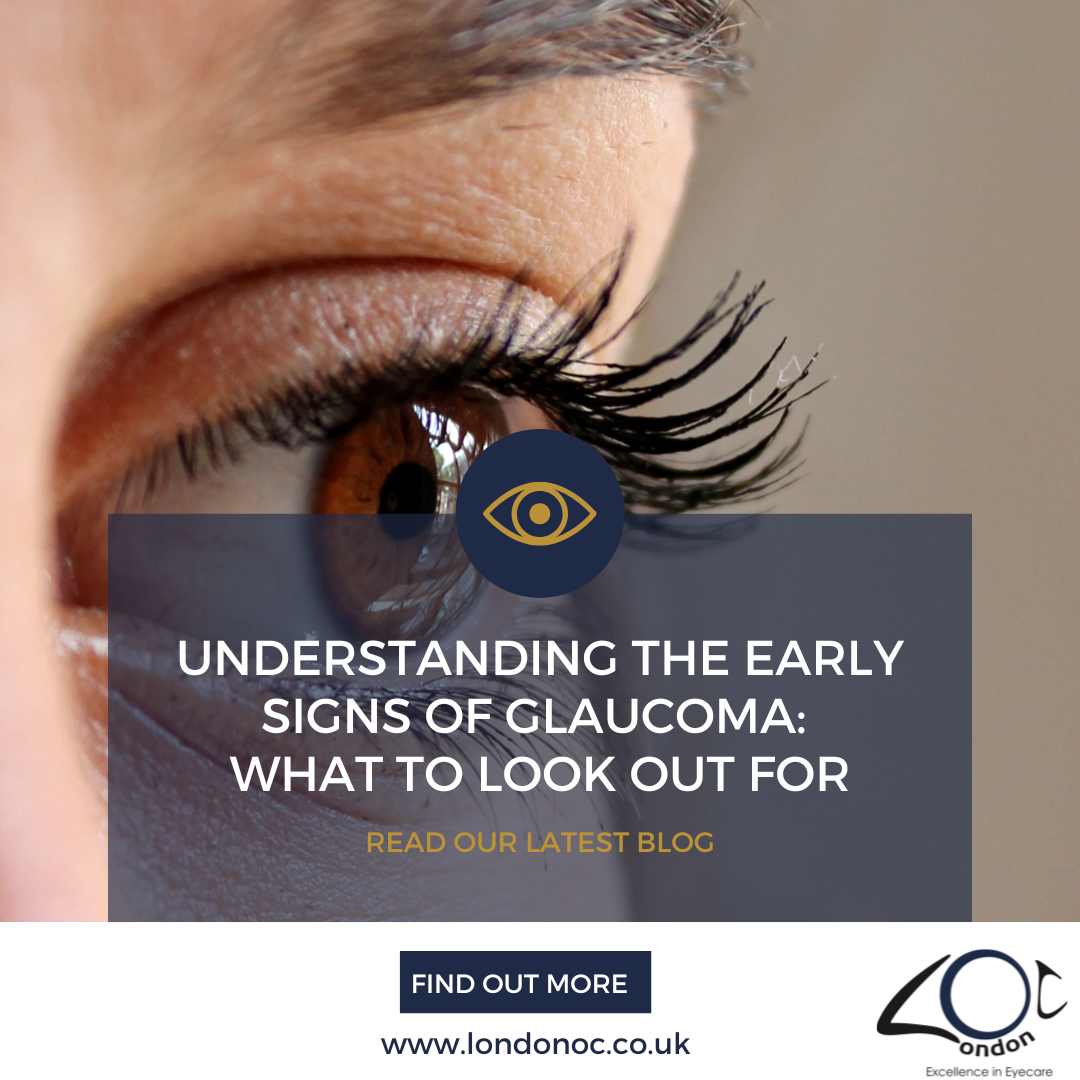Glaucoma is a progressive eye condition that can lead to permanent vision loss if left untreated. Known as the "silent thief of sight," it often develops without noticeable symptoms in the early stages, making regular eye exams essential for detection. Understanding the early warning signs of this condition can help you take timely action to protect your vision.
What is glaucoma?
Glaucoma refers to a group of conditions that damage the optic nerve, a vital structure that transmits visual signals from the eye to the brain. This damage is usually caused by increased intraocular pressure (IOP), though it can also occur in people with normal eye pressure.
The two primary types of glaucoma are:
- Open-Angle Glaucoma: The most common type, it progresses slowly and is often symptom-free in the early stages.
- Angle-Closure Glaucoma: A less common but more severe form that can develop rapidly and cause noticeable symptoms.
Without treatment, both types can result in irreversible vision loss.
Early signs of open-angle glaucoma
Open-angle glaucoma often presents no symptoms initially, but subtle changes can develop over time:
Loss of peripheral vision
- Peripheral (side) vision is usually the first area affected.
- You may struggle to see objects on the side while looking straight ahead, such as noticing cars while driving.
Formation of blind spots
- Small, unnoticed blind spots can develop in your field of vision, particularly in your peripheral or central vision.
- These spots may go undetected until they grow larger.
Eye discomfort or strain
- Mild eye discomfort or a feeling of heaviness may occur due to increased eye pressure.
- This is often subtle and easy to overlook in the early stages.
Signs of angle-closure glaucoma
Angle-closure glaucoma progresses rapidly and is more likely to show immediate and severe symptoms:
Severe eye pain
- A sharp, intense pain in one or both eyes may signal an acute attack.
- This is often accompanied by redness and inflammation.
Blurred or hazy vision
- Vision may suddenly appear blurry or hazy.
- Many people report seeing halos or rainbow-like rings around lights.
Nausea and headaches
- Acute angle-closure glaucoma can cause nausea, vomiting, or intense headaches.
- These symptoms often occur alongside a sudden increase in eye pressure.
Who is at risk?
Certain factors increase the likelihood of developing this condition, including:
- Age: The risk rises after age 60.
- Family History: A history of glaucoma in close relatives increases susceptibility.
- Ethnicity: African Americans, Asians, and Hispanics are at higher risk.
- Chronic Health Issues: Diabetes, high blood pressure, or frequent eye inflammation can contribute to glaucoma.
How is glaucoma diagnosed?
Early detection is critical for managing glaucoma. Diagnostic tests include:
- Tonometry: Measures intraocular pressure.
- Optic Nerve Assessment: Detects signs of nerve damage.
- Visual Field Testing: Identifies areas of vision loss.
Why early detection is key
Vision loss caused by glaucoma cannot be reversed, but early diagnosis can prevent further damage. Treatment options include:
- Medications: Eye drops to lower intraocular pressure.
- Laser Therapy: To improve fluid drainage.
- Surgery: For severe cases to create new drainage pathways.
By recognising the signs early and seeking treatment, you can protect your vision and maintain your quality of life.
Conclusion
Glaucoma is a serious condition, but early detection can make a significant difference in preserving your eyesight. Regular eye exams are the best defence, particularly if you’re at higher risk. If you experience subtle changes in your peripheral vision, recurring eye strain, or sudden symptoms like severe pain or blurred vision, don’t delay, consult an eye care professional. Taking action now could safeguard your sight for years to come.
Book in for your consultation here with Mr Vik Sharma, Consultant Ophthalmologist at LondonOC.
